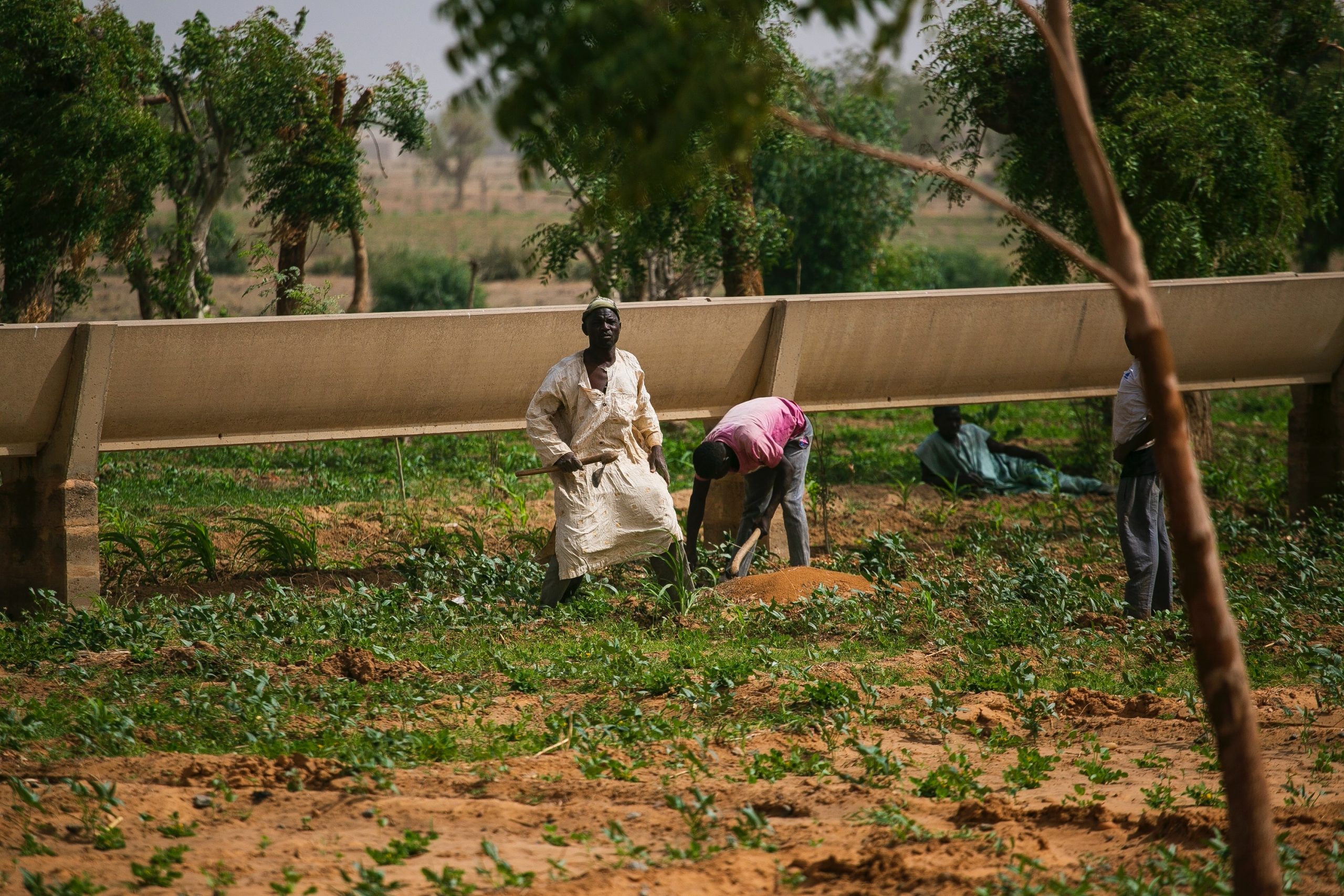Seven Ways States Can Mitigate Flooding Disasters During Covid-19

On Sunday September 6, 2020, President Muhammadu Buhari made a tweet via his verified handle, @mbuhari ; “I am particularly saddened by the Kebbi flooding disaster, which has led to the loss of lives and destruction of thousands of hectares of farmland. It is a major setback to our efforts to boost local rice production as part of measures to end importation. This bad news couldn’t have come at a worse time for our farmers and other Nigerians who looked forward to a bumper harvest this year in order to reduce the current astronomical rise in the costs of food items in the markets.”
News reports from Kebbi indicated that six lives were lost while thousands of hectares of rice farmland were devastated in the flood disaster.
The losses are estimated at about N10 billion and expected to have a direct impact on availability and price of rice.
The disaster is worrisome because as early as January, the Nigerian Meteorological Agency (NiMET) released its Seasonal Rainfall Prediction (SRP) while its sister agency, the Nigerian Hydrological Services Agency (NIHSA) released its Annual Flood Outlook (AFO) on the 28th May 2020.
Based on those advisories which identified 500 communities in 102 Local government areas across 28 states as flood prone and at risk, Sadiya Umar Farouq, the minister of Humanitarian Affairs, Disaster Management and Social development sent out early warning signals in conjunction with the Nigeria Emergency Management Agency (NEMA).
The warning was clear – Nigeria cannot afford a humanitarian disaster from flooding just as we are battling Covid-19.
It seems those warnings are not being heeded and so here are 7 ways states in flood prone areas can begin to make hay while the storms gather:
- Ensure the preparedness of the State Emergency Management Agency, frontline Local Government Authorities, and other response Agencies;
- Carry out public enlightenment campaigns, targeting vulnerable communities to undertake mitigation actions and prepare for evacuation to safer ground;
- Identify high grounds for possible Internally Displaced Persons camps, to shelter evacuated communities;
- Desilt river channels and canals;
- Remove all refuse, weeds, water hyacinths and floats from water channels, drainage, and on all avenues for river run offs so as to allow free flow of flood waters;
- Organize a State Humanitarian Coordination Forum meeting to prepare all stakeholders for mitigation and response.
- Preposition relief materials for prompt response after incidents.
















